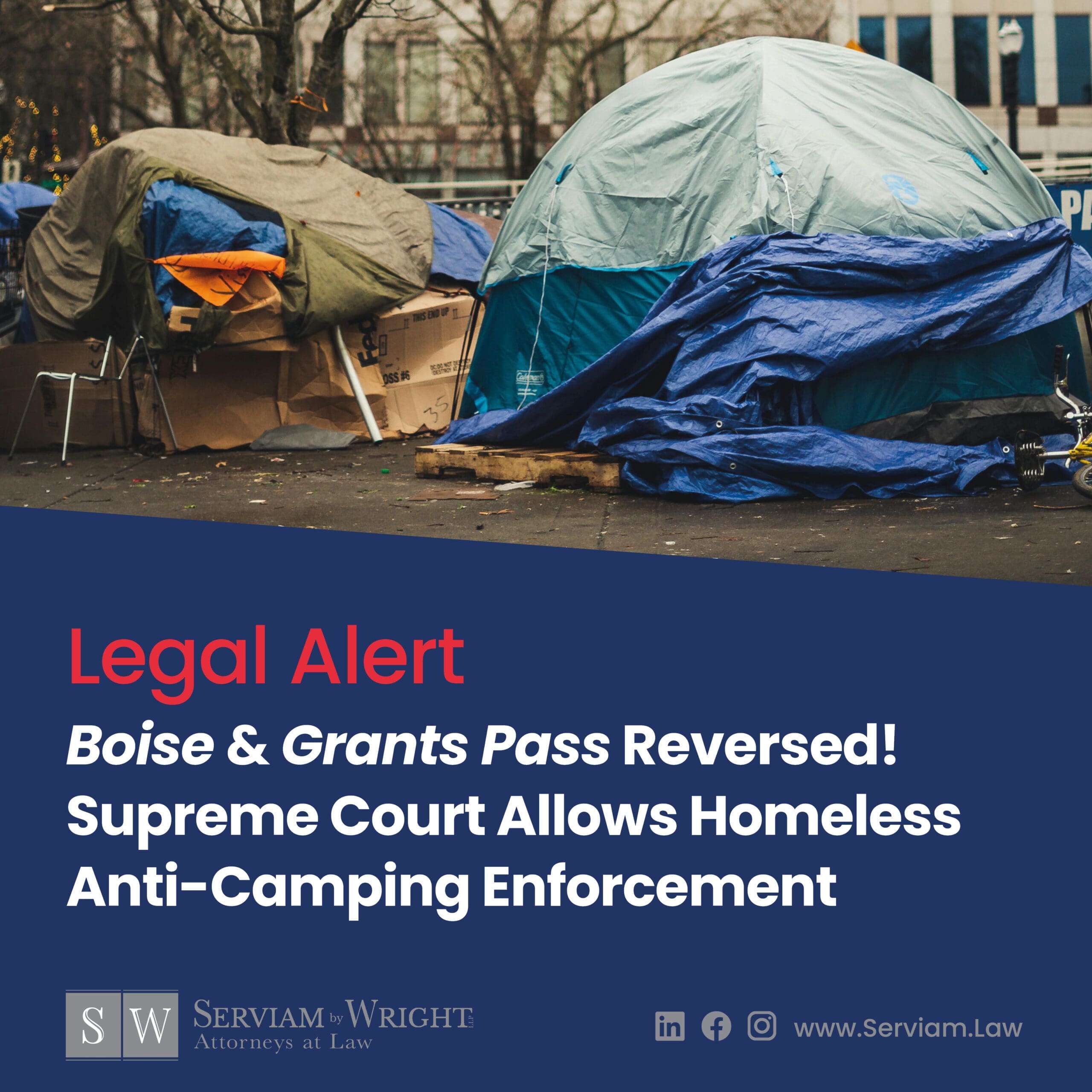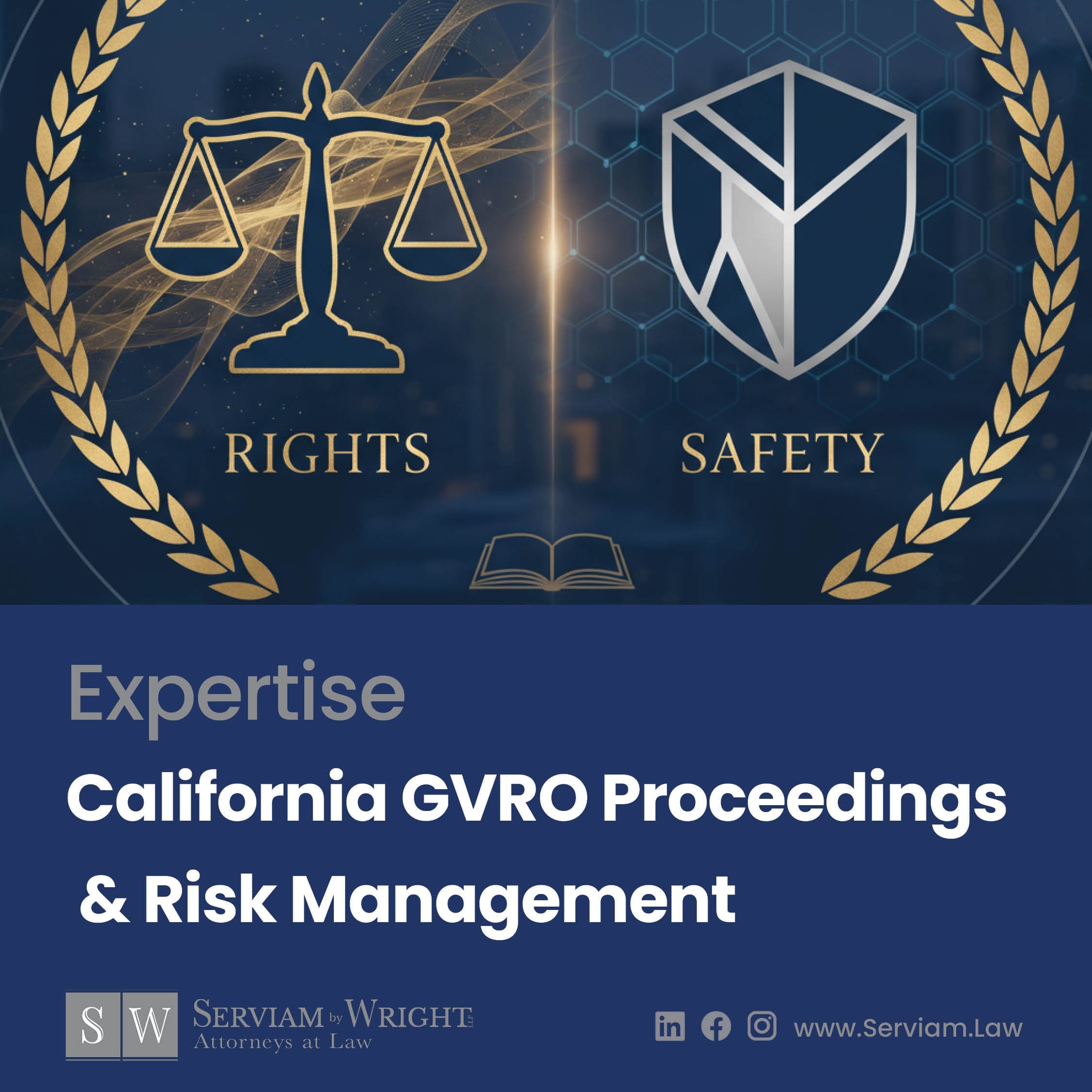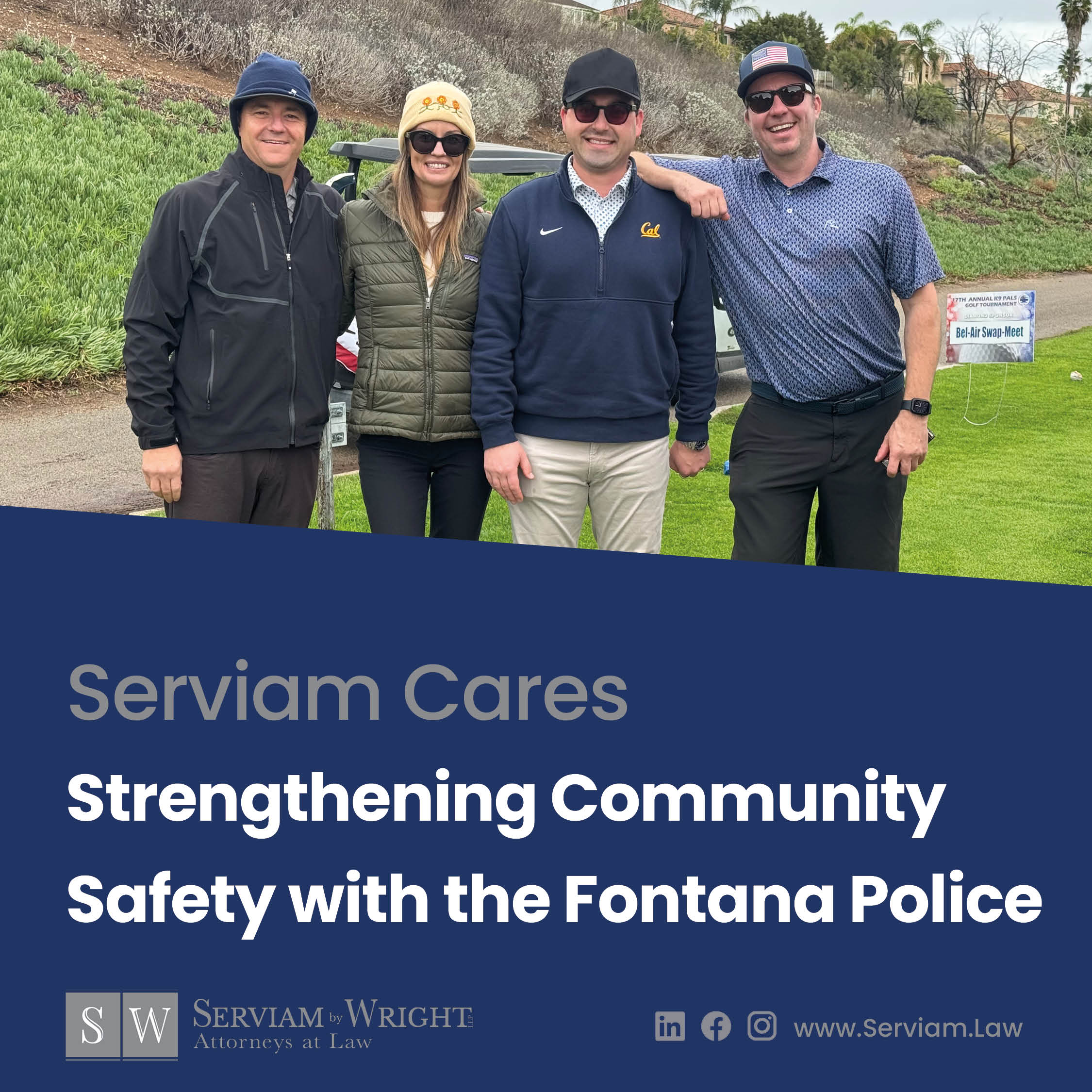Legal Update: Effective June 28, 2024, the Supreme Court reversed the 9th Circuit in the Grants Pass Case and allows cities to resume public anti-camping enforcement against the homeless.
On June 28, 2024, the U.S. Supreme Court issued a pivotal decision in City of Grants Pass v. Johnson impacting the enforcement of anti-camping ordinances against the homeless. The ruling reverses the 9th Circuit’s decision in Grants Pass as well as its 2018 Martin v. Boise decision on the legality of anti-camping enforcement measures affecting homeless communities.
Supreme Court’s Ruling Highlights
- Nature of punishment. The 8th Amendment’s Cruel and Unusual Punishments Clause does not apply to anti-camping conduct enforcement, and the punishments imposed for camping violations are neither cruel nor unusual.
- Criminalization of conduct, not status. Anti-camping laws criminalize the conduct of public camping, not the status of being homeless.
- Separation of Powers. The multi-faceted homelessness issue is better resolved by society and the legislative branches, not autocratically and rigidly one-size-fits-all by the courts.
- Other Constitutional Clauses. While the 8th Amendment does not apply to this issue, other constitutional protections may apply, such as Due Process, Seizure, Privacy, and Takings.
Impact on Cities
The ruling permits cities to use public camping bans to address health and safety concerns linked to homeless and homeless encampments. Cities can now consider anti-camping ordinances as part of their broader strategy to manage homelessness. The ruling permits cities to use public camping bans to address vital health and safety concerns linked to homelessness, especially encampments.
The Supreme Court’s decision was based upon the inapplicability of the 8th Amendment, which is what the lower courts relied upon. Cities should proceed with caution though, as the Court reserved potential challenges to homeless enforcement based upon other constitutional protections such as Due Process, Seizure, Privacy, and Takings, which the 9th Circuit is most likely to pick up upon. Cities and counties will still need a balanced approach to homeless enforcement that does not beg the 9th Circuit to once again rigidly limit homeless enforcement powers under other constitutional theories.
Curtis Wright is an expert in municipal and nuisance abatement law, and he is the Managing Partner of Serviam BY Wright LLP (“Serviam”). Curtis may be contacted about this alert at Wright@Serviam.Law.
Disclaimer: Serviam legal alerts are not legal advice. Additional facts or future developments may affect the subject of this alert. Seek the advice of an attorney before acting upon any information in this alert.





